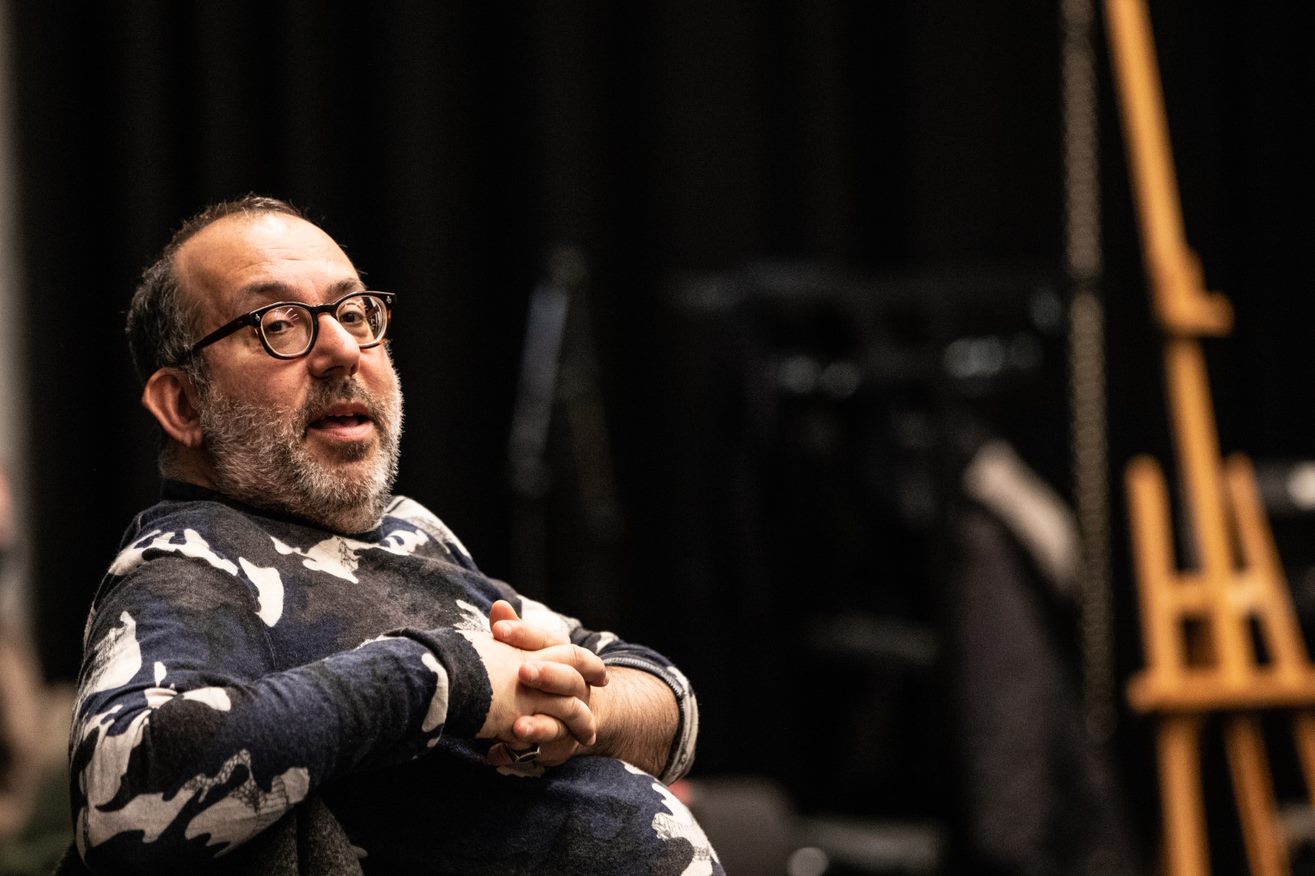‘I want people to feel like they're seeing Tosca for the first time’

Barrie Kosky directs Tosca.
The Australian-German director Barrie Kosky saw his first Tosca when he was about 11 years old. “I was completely obsessed with it. I played the opera at home on the piano and sang along. In the second act I sung Tosca, Scarpia and Cavaradossi. My poor parents...”
In the 2021/22 season, Tosca marks the beginning of a three-year ‘Puccini cycle’ by Barrie Kosky and chief conductor Lorenzo Viotti. The titles he will direct for Dutch National Opera in the coming years have been at the top of Kosky’s wish list for a long time. Kosky: “Puccini never actually composed for film but the dramatic structure of his operas and the means he used make them extremely akin to the medium of film, which at the time was still in its infancy. In that sense, Puccini is truly a 20th-century composer and that includes the operas he wrote in the 19th century.”
The three Puccini operas that Kosky will direct for Dutch National Opera are conceived as stand-alone productions. “I’m not looking for conceptual unity or any connection between the different operas. Puccini’s operas are too singular for that. Each work builds its own unique world. So I’ll also be working with a different design team on each title.” One of Kosky’s challenges is to direct the opera in such a way that it will make the audience feel like they’re seeing it for the first time, even if it’s their 100th. “With the classics there’s always the risk that overfamiliarity will water down the power and impact of the work. But if you look and listen
well, Tosca is an opera overflowing with chilling psychological powerplay and gruesome violence. At the end of the opera the count is one assault, one torture, two murders and one horrible suicide. Heavy stuff. I want to make that palpable.” For his staging of Tosca, Barrie Kosky drew inspiration from film. “I approach Tosca as a film noir, a genre in which German Expressionism and psychological realism meet, in which the characters endlessly manipulate each other and you can’t tell what’s true and what isn’t, and in which violence permanently simmers under the surface, threatening to burst any minute. My Tosca is going to be an opéra noir.”